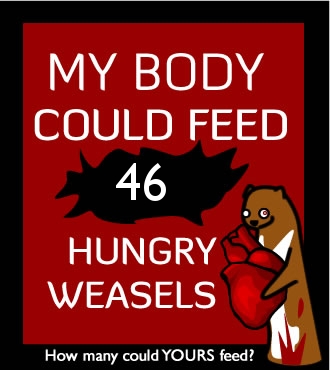Global warming, climate change, rising sea-level…oh my. Some believe it is real, some believe it is a myth. Regardless of what you believe, it seems we hear about it constantly these days. You cannot escape it.
I personally think that some level of global climate change is real. We just cannot possibly be emitting that much pollution and smoke and carbon products into the atmosphere and not have some impact. How big is the impact? I don’t really know. But I am willing to try to do my bit to make the impact a little less. Whether you believe the earth is a gift from a Creator, or that it was created by the Big Bang, either way it is now ours to care for and we should indeed do our best to do so.
The problem is that this global climate change stuff is so hyped up by the media that we have become numb. The ‘doom and gloom perspective’ is that things are so bad, you just cannot think about the repercussions of all this global change without basically wondering why we should even bother. It is the only alternative. If you believe the doom and gloom, and lets face it, the media is driven by such extremes, then it almost paralyzes you with fear. If you think about it too hard, it could send you into a full on panic. What will our kids’ lives be like? Our kids’ kids?
And, so, we are largely numb to the problem. So numb that it has become almost hip to not care. It is like a defensive mechanism we collectively have evoked.
So, it is wonderfully reassuring to read a story where we find we can still make a difference. Recent research into the fate of the polar bears and the retreating sea ice gives us that hope. Polar bears, as a species, were given a fatal diagnosis a couple of years ago. With the loss of sea ice, they were losing their habitat, and were predicted to be extinct by 2050.
The most recent models still support that result, as reported by the National Center for Atmospheric Research in Boulder, Colorado. However, they also have begun to experiment with the effects of reductions in green house gasses. The good news is that rather moderate reductions, like those being planned by some countries, would actually slow the ice loss to a point that major areas of polar bear habitat would be protected.
Are we going to be able to do that – to reduce emissions? Only time will tell. But it is sure reassuring to know that we can still stop the effects of what is so often pitched as ‘the end of the world’
Subscribe to:
Post Comments (Atom)






No comments:
Post a Comment